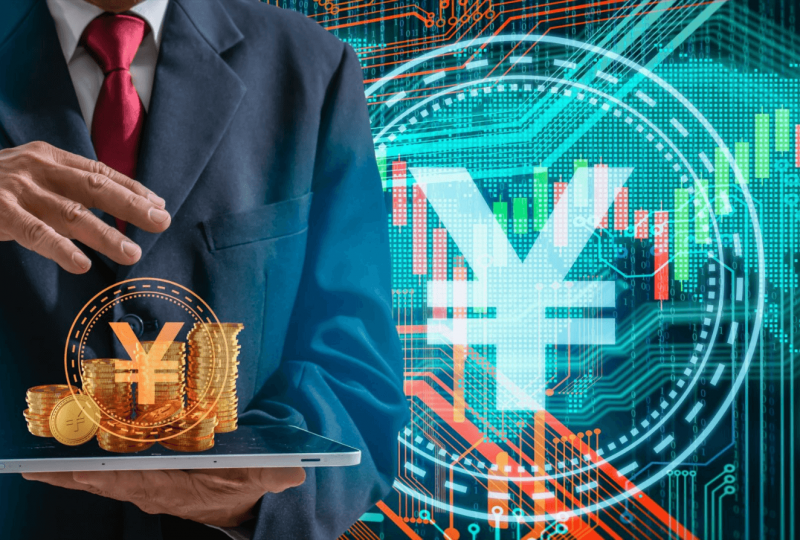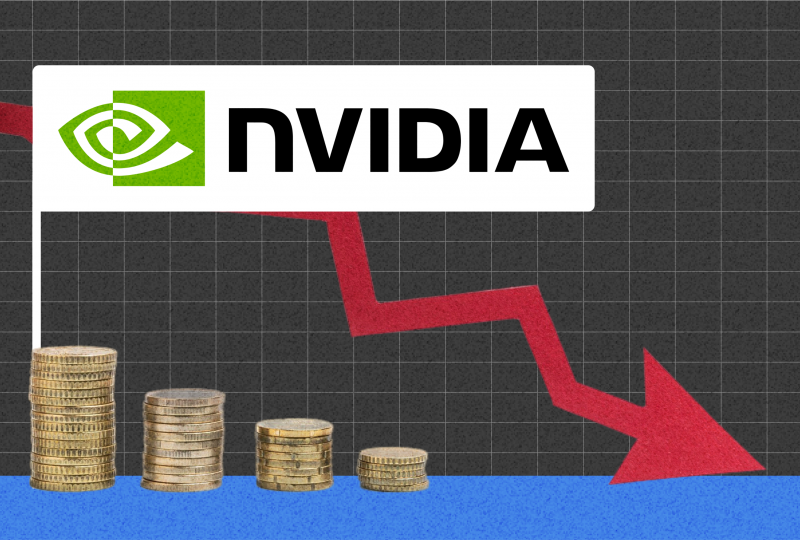Japanese Megabanks Have Joined a Group Establishing Yen-Based Digital Currency
Nov 25, 2021

Cryptocurrencies are being considered by Japan's private-sector behemoths as a way to speed up large financial transactions and settlements.
Over 70 Japanese firms, including some of the country's top financial institutions, have partnered up to test and introduce a new yen-based digital currency in financial 2022, delivering a clear message that the private sector is adopting blockchain technology.
According to Kazuhiro Tokia, CEO of DeCurret, the new digital currency, dubbed "DCJPY," will be supported by bank deposits and rely on an unified infrastructure to speed up enormous financial transfers and settlements among involved businesses.
DeCurret is the driving force behind the alliance, which involves Mitsubishi UFJ Financial Group, Mizuho Financial Group, and Sumitomo Mitsui Financial Group. Japan Post Bank Co Ltd, Nippon Telegraph and Telephone Corp, East Japan Railway Co, and Kansai Electric Power Co Inc are other members of the consortium. Reuters reports that the members of the group have been working together on a regular basis since 2020 to discuss the creation of a new digital payments settlement platform.
Mitsubishi, Mizuho, Sumitomo, and Japan Post Bank are the top five financial institutions in Japan in terms of total deposits.
With the purpose of building effective transfer channels between digital yuan and electronic payment systems, the Bank of Japan has emphasized the establishment of a central bank digital currency, or CBDC. While the BOJ is initiating this program, the ultimate objective is to encourage the usage of CBDCs in the private sector. The Bank of Japan's CBDC pilot tests are anticipated to be finished by March 2022, according to Cointelegraph.
Toshihide Endo, a DeCurret consultant who previously worked for Japan's Financial Services Agency, claims the consortium is integrating its deposit-backed infrastructure with the BOJ's CBDC framework.




